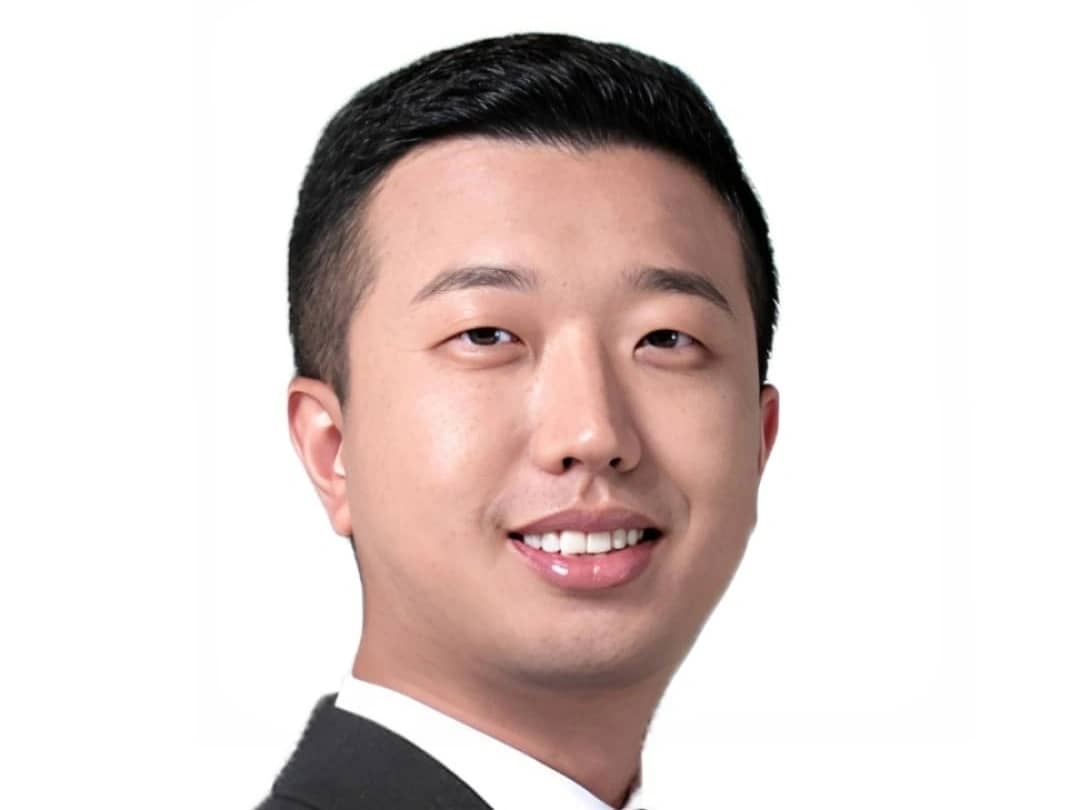订阅 wiki
Share wiki
Bookmark
Ingu Jun
0%
Ingu Jun
Ingu Jun(韩语:전인구, Jeon In-gu)是一位韩国商业主管、出版商和数字媒体名人。他是 Moneydo 集团的首席执行官和 Adam Smith 的代理首席执行官,并且最为人所知的是他作为专注于经济学的 YouTube 频道“Jun's Economy Lab”的创建者和主持人。[1]
教育
Jun 毕业于釜山国立教育大学,这是一所位于韩国釜山的国立大学,专门从事教师培训。他于 2009 年完成学业,获得小学教育理学学士学位。[1] [2]
职业生涯
Jun 的职业生涯主要集中在出版和数字媒体领域的领导职位。自 2023 年以来,他一直担任 Moneydo 集团的首席执行官,Moneydo 是他各种媒体和出版企业的母公司。同时,他还担任 Adam Smith 的代理首席执行官,Adam Smith 是一家专注于开发经济内容和分析投资策略的相关实体。他的职责范围不仅限于行政管理,还包括直接参与出版、管理读书俱乐部和监督多频道网络 (MCN)。他职业生涯中最突出的方面是他作为内容创作者和制作人的工作,他为他的公共媒体平台开发和呈现经济评论和财务分析。[5]
Jun's Economy Lab
Jun 的主要媒体渠道是他的 YouTube 频道“Jun's Economy Lab”(韩语:전인구경제연구소),该频道以 @moneydo 为用户名运营。该频道作为一个平台,向广大受众传播经济分析、金融市场评论和投资策略。内容涵盖广泛的主题,包括宏观经济前景、股市预测、深入的投资策略以及对当前金融新闻和全球经济发展的评论。形式通常包括 Jun 提供的评论式演示,以及与行业专家、作家和企业高管的深入访谈。[1]
访谈
关于稳定币和银行业的讨论
在 2025 年 8 月他的 YouTube 频道上的一次讨论中,Jun 采访了《稳定币:货币重置》的作者 Jeong Gu-tae。他们讨论了稳定币的快速合法化以及它给银行带来的威胁感。在特朗普政府领导下,稳定币被视为加强美元主导地位的工具,从而强调了它们的稳定性。对话比较了 Circle 和 Tether,强调了国内发行的 稳定币 的重要性以及监管环境的差异,并指出 Tether 因未能满足美国法规而面临限制。它还强调了 稳定币 波动性的降低以及对基于法定货币的抵押形式的需求。展望未来,人们对数字货币的传播可能如何影响现有金融体系表示担忧。因此,稳定币 被认为有可能打破传统金融机构和 IT 公司之间的界限,创造一种可能威胁到老牌银行影响力的新金融生态系统。[2]
比特币的见解
在 2025 年 8 月的另一个片段中,Jun 采访了 Uproot Company 的副首席执行官 Kang Seung-gu,以分析 比特币 的投资论点。Kang 阐明了 比特币 的市场认知正在经历重大转变,从纯粹的投机工具转变为传统金融体系中公认的价值储存手段。这种转变得到了全球公司日益增长的采用和认可的支持,这些公司开始将 比特币 整合到他们的运营中或将其作为国库资产持有。
针对人们对比特币历史价格波动性的担忧,Kang 预计未来十年 比特币 的价值将有巨大的增长潜力。他还评论了韩国的市场状况,指出与其他地区相比,国内对 比特币 的需求相对有限,但预计随着监管清晰度的提高和机构基础设施的进一步发展,这种情况将会增加。讨论将 比特币 不仅仅定义为一种货币,而是定义为一种具有长期潜力的不断发展的金融资产类别。[4]
演讲
英伟达盈利预测
2025 年 8 月,Jun 参观了英伟达创始人黄仁勋创办公司的 Denny’s 餐厅,并讨论了对英伟达盈利的预期。他指出,虽然最近收入增长放缓,但该公司的增长潜力和未来业绩前景仍然十分可观。在盈利公布之前,预计增长率将低于过去的水平。尽管如此,人工智能行业的扩张和数据中心需求的增长被认为是乐观的原因。讨论还强调了物理人工智能的重要性以及对英伟达 GPU 持续需求的潜力,并对即将发布的公告中可能出现的令人惊讶的信息表示期待。[3]
发现错误了吗?
